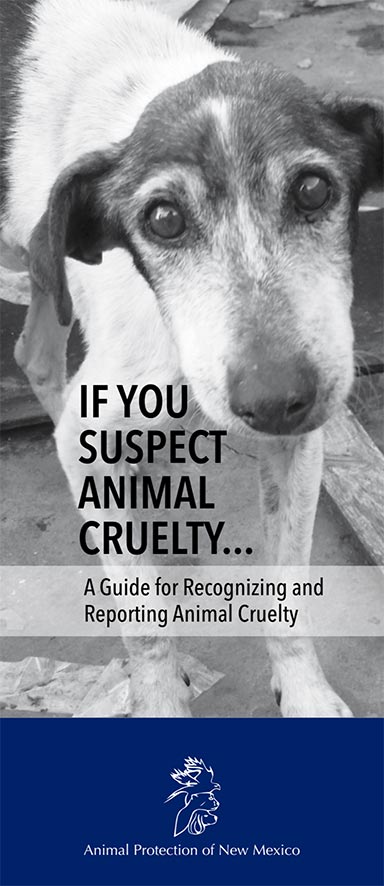Animal cruelty is a pervasive issue that transcends urban and rural divides, seeping into the very fabric of society. In Illinois, awareness around this offense is growing, as is the number of individuals willing to stand up and advocate for the voiceless. Reporting animal cruelty may seem daunting, particularly for those who desire to remain anonymous. However, knowing how to navigate the reporting process is crucial for protecting the well-being of animals in our communities. In this article, we will delve into the steps necessary to report animal cruelty in Illinois, offering guidance for those wishing to submit anonymous complaints.
Understanding Animal Cruelty in Illinois
Animal cruelty in Illinois encompasses a broad spectrum of offenses, from neglect and abandonment to intentional harm. According to the Animal Control Act, these offenses can result in severe penalties, including fines and imprisonment. While many people are familiar with overt acts of violence against animals, it is essential to recognize that cruelty can often manifest in subtler forms, such as lack of proper nutrition, medical care, or appropriate living conditions.
Recognizing the signs of animal cruelty is the first step toward making an informed decision to report what you observe. Common indicators may include animals living in unsanitary conditions, displaying signs of malnutrition or illness, or exhibiting fearful behavior toward humans. The disheveled appearance of neglected pets and the presence of abandoned animals are glaring red flags that should not be ignored.
Why Report Animal Cruelty?
The act of reporting animal cruelty contributes to a larger social responsibility, acting as a conduit for change within the community. It cultivates a respectful environment for all living beings and dissuades potential offenders from continuing their harmful behaviors. Furthermore, by drawing attention to instances of animal mistreatment, more individuals may become inspired to take action, thereby fostering a culture of empathy and responsibility regarding animal welfare.
Gathering Information Before Reporting
Before embarking on the reporting journey, it is crucial to gather as much information as possible to substantiate your claims. Documentation is key in these situations. Start by noting the location, date, and time of the incident. Use precise descriptions to convey the severity of the situation. Superfluous details may cloud the more pressing concerns. Instead, focus on observable facts: the conditions in which the animal is kept, any visible injuries, and the behaviors exhibited by both the animal and the owner.
Whenever feasible, capturing photographic evidence can prove invaluable. A photograph can tell a thousand words, articulating a narrative that mere words may fail to express. However, ensure that you respect privacy laws and the safety of both yourself and the animals involved when taking any images.
Who to Contact
In Illinois, there are multiple avenues available for reporting animal cruelty, depending on the situation and the locality. The Illinois Department of Agriculture is empowered to address complaints alongside local animal control agencies. Additionally, various humane societies and animal welfare organizations also field cruelty reports. Familiarizing yourself with the appropriate contacts in your area can streamline the reporting process.
For emergency situations, where an animal is in immediate danger, contacting local law enforcement or animal control should be your first course of action. Authorities have the capacity to intervene swiftly to ensure the safety of the animal. Conversely, if the situation permits a more measured approach, reports to local animal shelters or humane societies can be effective. These organizations often have dedicated staff trained to handle such complaints appropriately.
How to Report Anonymously
One might hesitate to report animal cruelty due to fear of retaliation or disclosure of personal information. Fortunately, various organizations and agencies allow for anonymous complaints. To report that an animal is in distress without revealing your identity, you can utilize hotlines established for such purposes.
For instance, the Illinois Department of Agriculture provides resources for making reports without disclosing your name. Alternatively, local law enforcement may also have procedures in place to receive anonymous tips. Visiting the websites of local humane societies or animal welfare organizations can provide additional resources; many of these sites have dedicated forms for anonymous submissions.
When submitting your complaint, remain concise and focused. While you may have a wealth of information to share, the person reviewing your report is likely to appreciate a streamlined account and the most critical aspects of the scenario.
Follow Up
After submitting your report, staying informed about the progress can provide valuable insight into how these serious issues are handled. While a lack of communication may be disheartening, remember that authorities often handle these cases discreetly to protect the involved parties. Even if no immediate action is seen, your effort plays a pivotal role in advocating for animal welfare.
Conclusion
Reporting animal cruelty in Illinois represents a significant step forward in fostering a compassionate society. By staying vigilant and prepared to act, you not only advocate for the well-being of animals but also contribute to a broader societal commitment to justice and kindness. The daunting task of reporting can lead to transformative outcomes, as even a simple act of kindness has the potential to inspire profound change. Embrace the responsibility; empower the voiceless. Your voice is invaluable in the fight against cruelty.








